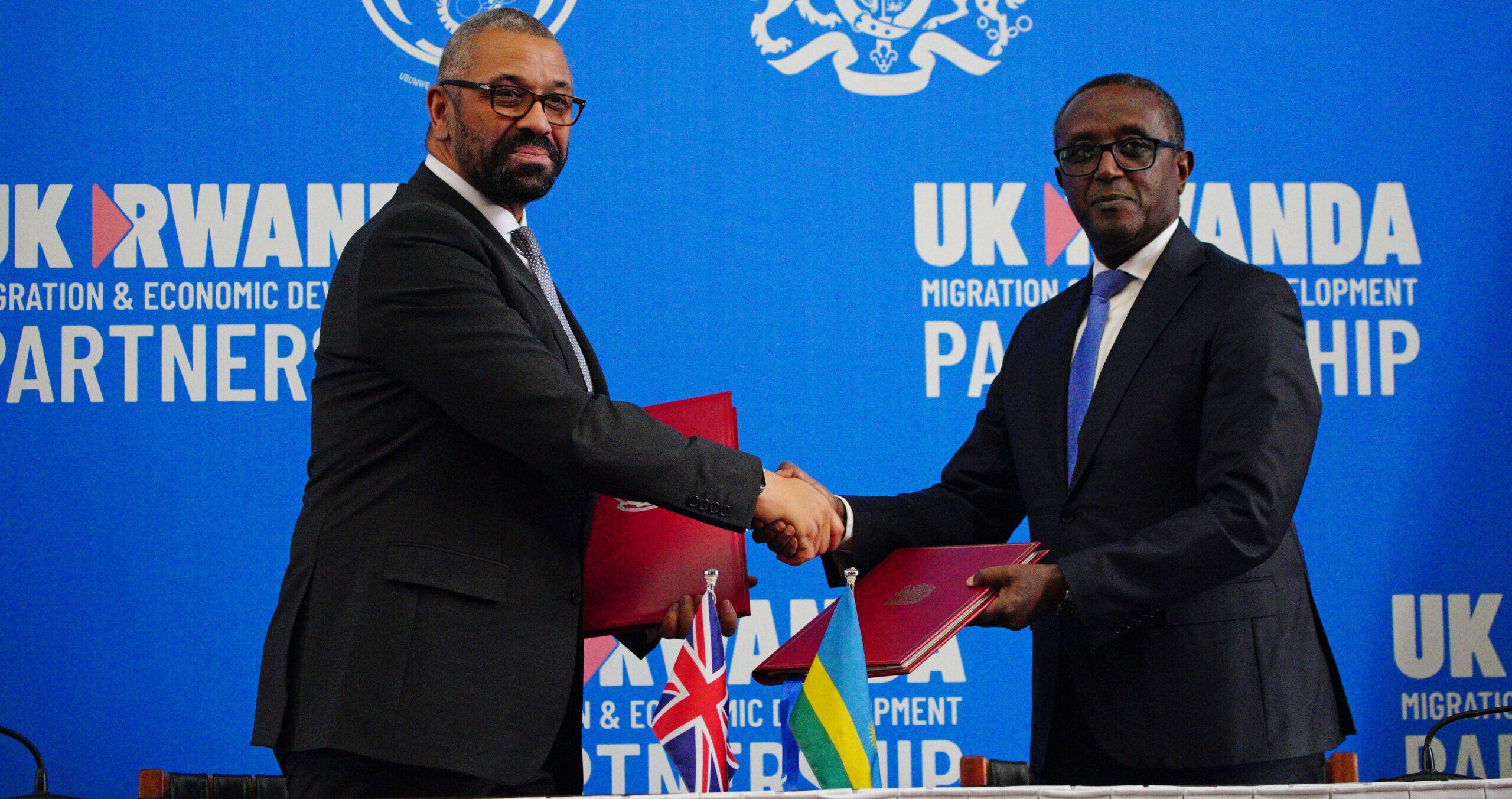“Three quarters of Brits now too poor to marry a foreigner,” is how one political journalist put it. A bit blunt perhaps, but this is essentially the right description for James Cleverly’s newly-announced policy that British citizens would be forbidden from bringing over their foreign spouses unless they made £37,800 per year.
Spousal migration represents something like 5% of all net UK migration, so the new financial threshold is unlikely to make much difference to the record-breaking headline immigration numbers. It will, however, lead to families being broken up, couples being separated, British citizens being forced to live far from home, and British grandparents not seeing their grandchildren. It is, in short, as unconservative a policy as it is possible to conceive.
The standard rationale for this policy, which currently sets the financial bar at £18,600, is that spouses may become dependent on state welfare. It would be an attractive justification, were it not for the fact that foreign spouses are disbarred from receiving almost all state benefits.
And this theory does not explain why, for instance, the non-UK partner’s income only counts if it is UK-sourced. As the Home Office would have it, a British citizen’s high-earning American spouse is likely to become a burden on the state, not because he does not work, but because he gets paid in dollars.
The policy is a throwback to an earlier era of Conservative immigration policymaking during the Cameron years, which prioritised performative cruelty over enacting policies that would actually have meaningfully reduced immigration. Or, as a friend puts it, policies which were “cruel on an individual level while utterly ineffective in the aggregate”.
At the time, successive Home Secretaries were trapped by the then-prime minister’s promise to reduce immigration to “tens of thousands”, which — as everyone in Westminster knew — was mathematically impossible as long as there was European Union-wide freedom of movement.
Naturally, the Home Office set its sights on other groups. The most famous result was the Windrush scandal, which saw British citizens deported for no reason whatsoever and which was used to discredit all efforts at controlling immigration. There were other lowlights as well, such as when the Home Office spent hundreds of thousands of pounds deporting an Indian nurse for falling £20 below the annual earnings threshold because of an issue with the NHS’s payroll system.
Another by-product of the era was the financial threshold for spousal sponsorship. Few noticed, apart from those who were forced to upend their lives because of it (although the Daily Mail used to run regular stories about couples having to relocate to the other end of the world as a result). Of course, such tinkering at the edges made no difference to overall immigration levels. The public grew frustrated, while politicians kept repeating promises they knew they could not keep.
Now it is care workers, instead of the EU, who represent the great immovable object in immigration figures. Loath to pay care workers more, Cleverly has largely exempted them from the new crackdown, apart from eliminating their ability to bring over dependants. So the axe has to fall elsewhere.











Join the discussion
Join like minded readers that support our journalism by becoming a paid subscriber
To join the discussion in the comments, become a paid subscriber.
Join like minded readers that support our journalism, read unlimited articles and enjoy other subscriber-only benefits.
Subscribe